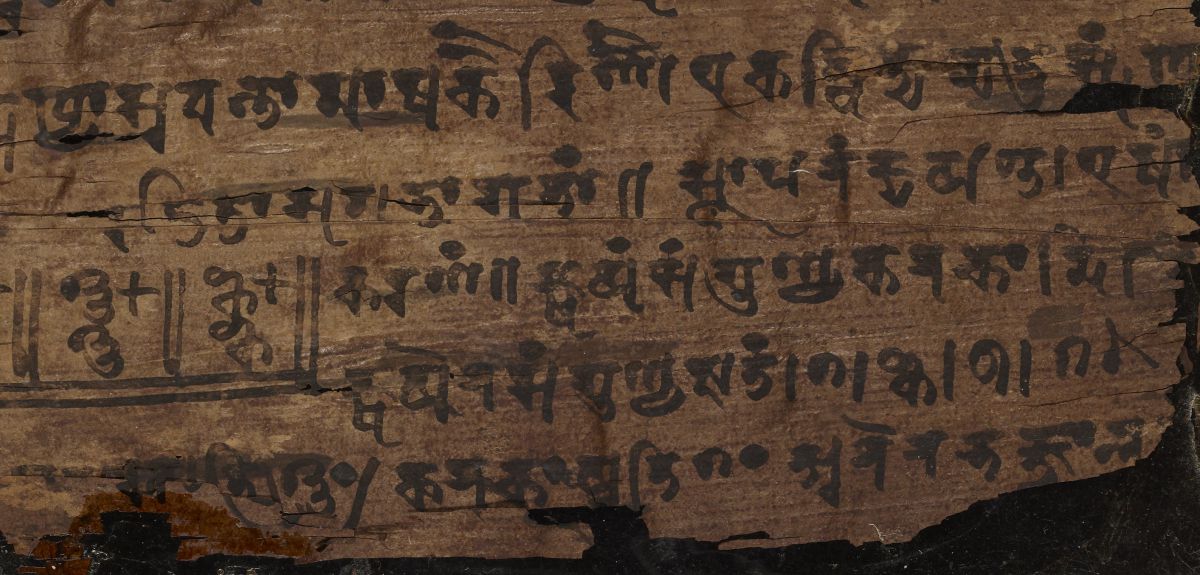- Kia India Appoints Atul Sood as New Sr. VP of Sales & Marketing
- Crestshield Windows Expands Quality Double Glazing Services in Crystal Palace and Beckenham
- URPhone Store Opens New International Drive Branch for Cell Phone Repair in Orlando
- Klook's 'The Best You' Campaign Inspires Personal Transformation Through Travel, Featuring Bharti Singh
- Children from SOS Children Villages India Lead Street Plays to Spark Community Awareness Across the Country
- SunTec Data Recognized among Top 5 Image Annotation Service Providers by GoodFirms
- Ficode Announces Launch of AWS Cloud Services to Support Scalable Business Transformation
- Data-Entry-India.com Named among California’s Top Data Entry Companies by GoodFirms
- The Braided Rug Company Launches Eco-Friendly Recycled Plastic Rugs in Aberdovey
- Acer Unveils Aspire Go 14 AI Laptop, Powered by Gaming-Grade Performance
- Sendwishonline.com Introduces New Features to Make Group Greeting Cards More Fun, Personalized, and Remote-Friendly
- Applied Systems Integrates RPost Registered Email™ for Secure, Legally Verifiable Communications
- AA Carpet Cleaners Brings Professional Carpet Cleaning to Chelmsford
- GRIPIT Powers Amazon Prime Day with Global Tech Innovations for Indian Consumers
- Covalense Digital Unveils Latest Version of Csmart iPaaS to Power Next-Gen Telecom and Enterprise Integrations & API Monetisation
 Mail to a Friend Mail to a Friend |
|
     |
Oxford “zero” research re-attests Hinduism’s umpteen contributions to science

A highly significant research by University of Oxford has revealed that ancient Indian Bakhshali manuscript, dating to 3rd or 4th century, contained the world?s oldest recorded origin of the zero symbol that we use today.
The zero symbol that we use today reportedly evolved from a dot that was used in ancient India and can be seen throughout this seminal mathematical text held at University of Oxford?s Bodleian Libraries, which contains hundreds of zeroes. In 628 CE, Indian astronomer/mathematician Brahmagupta wrote Brahmasphutasiddhanta, which is the first document to discuss zero as a number.
Distinguished Hindu statesman Rajan Zed, in a statement in Nevada today, commended Oxford University for this remarkable revelation; and added that this proved that the concept of zero, which was of paramount importance to the world we live in today, was used by mathematicians in India as early as in third century.
It again affirmed the rich scientific and mathematical traditions of Hinduism and its role and contributions in the development of science and technology, Zed, who is President of Universal Society of Hinduism, pointed out.
Rajan Zed urged other major universities of the world; including Harvard, Stanford, Cambridge, Princeton, UC Berkeley, Yale, Columbia, Toronto, Tokyo, Melbourne, etc.; to undertake extensive research into ancient Hindu treatises, texts and manuscripts; thus sharing the wisdom and concepts of this oldest religion with the rest of the world.
Radiocarbon dating research was conducted at University of Oxford for this study on Bakhshali manuscript, which consists of 70 fragile leaves of birch bark.
Company :-Universal Society of Hinduism
User :- Rajan Zed
Email :-rajanzed2@aol.com









